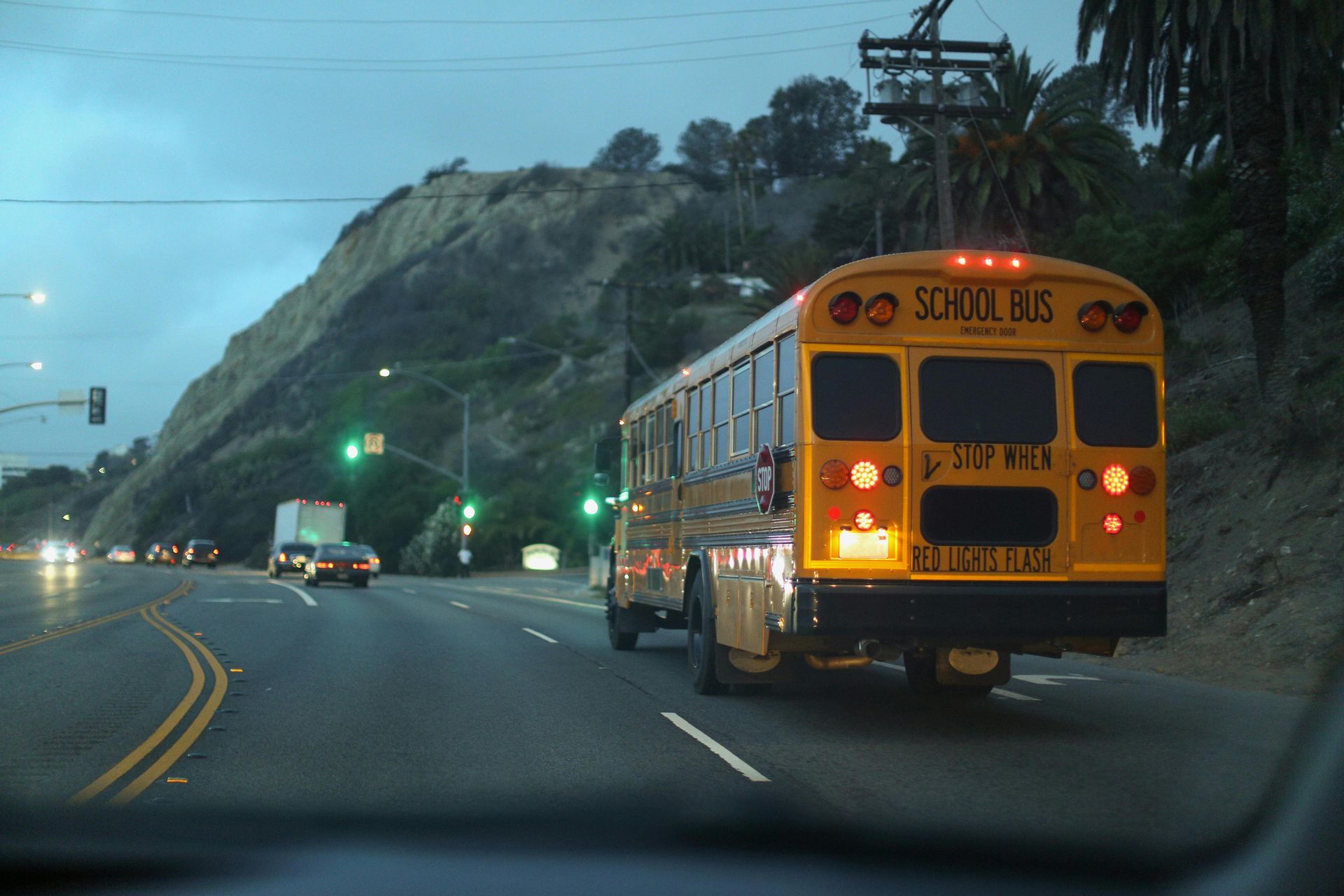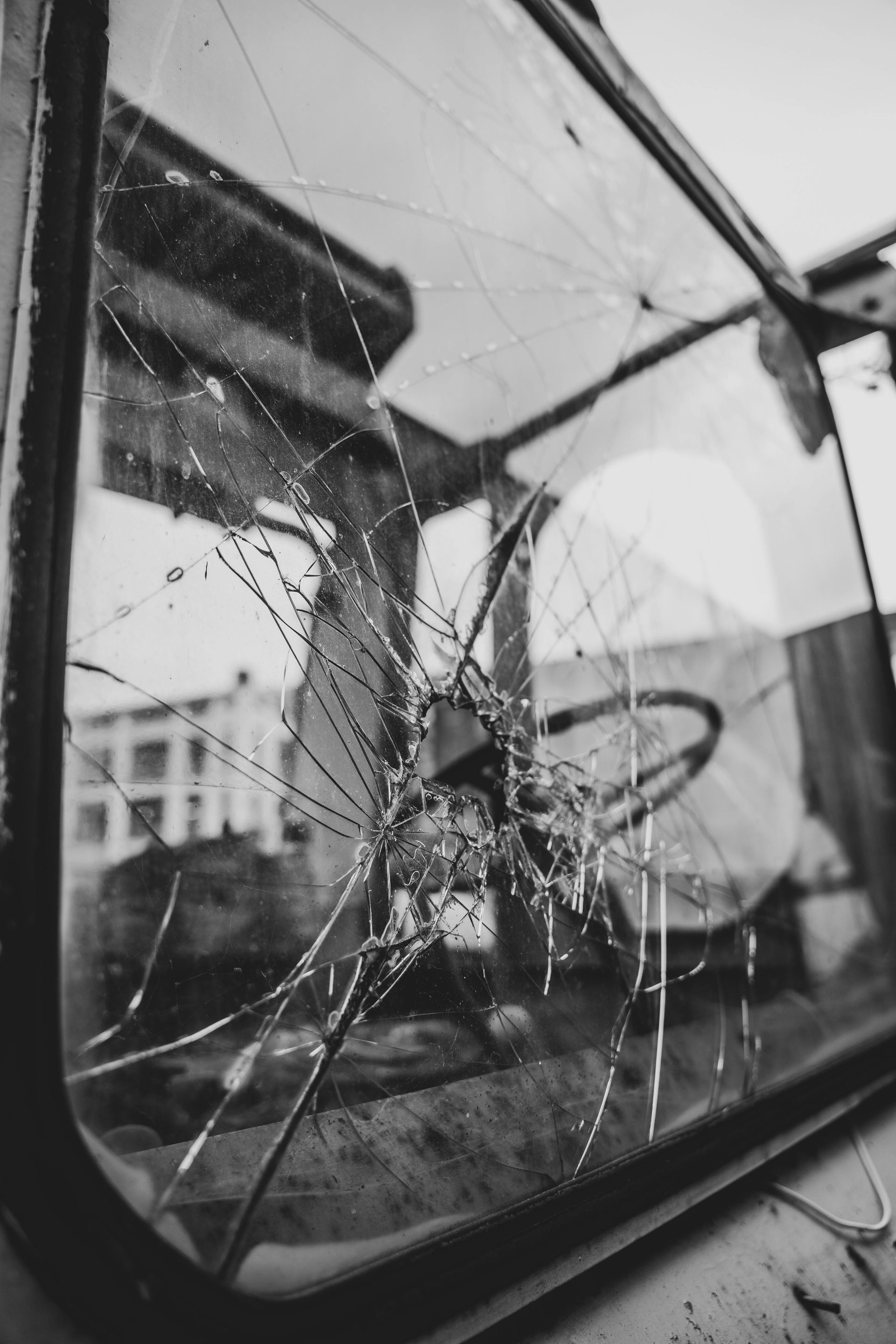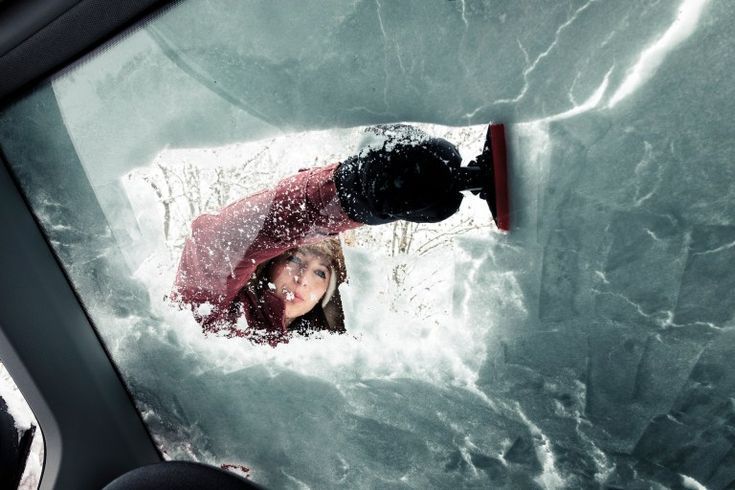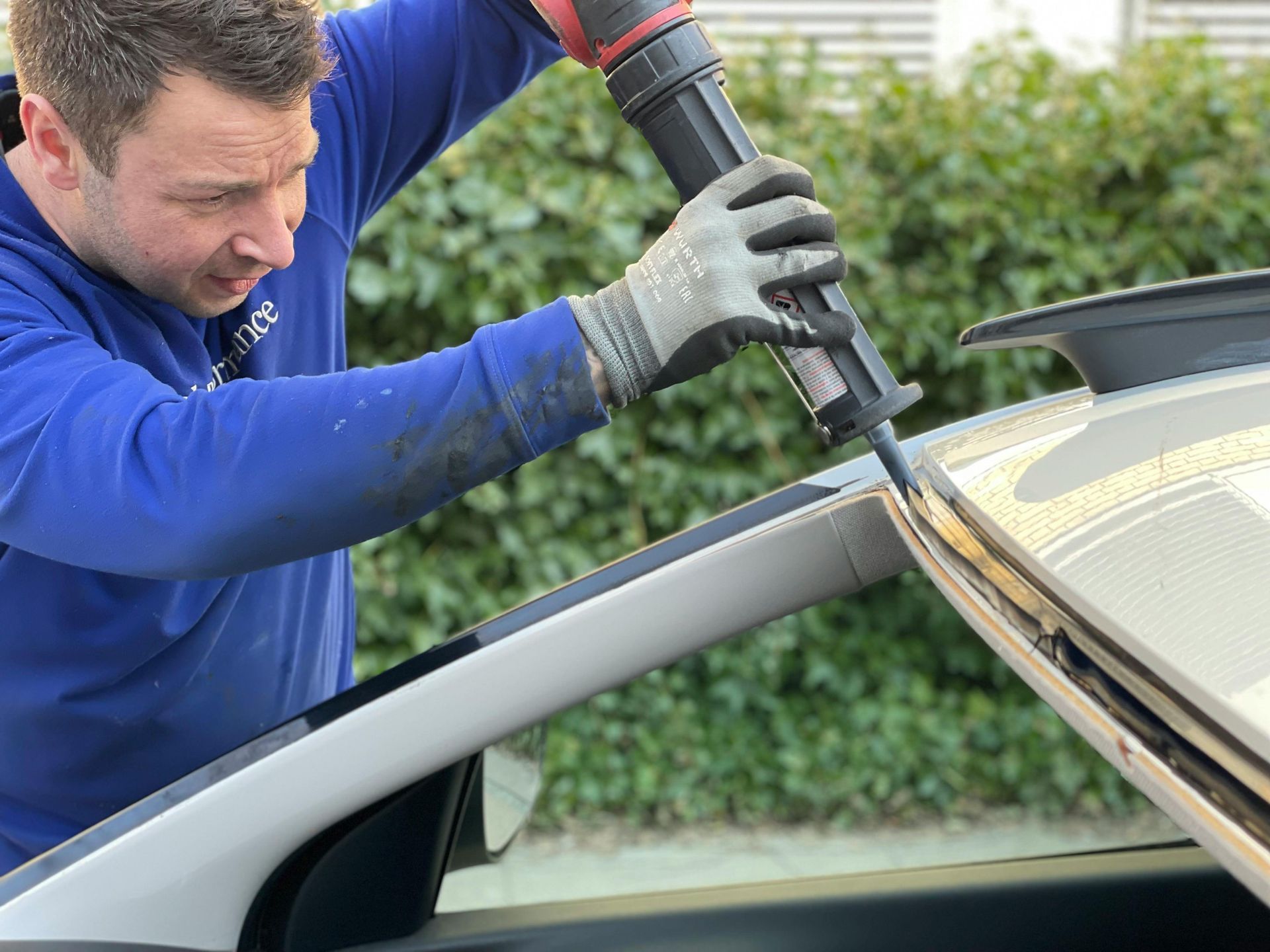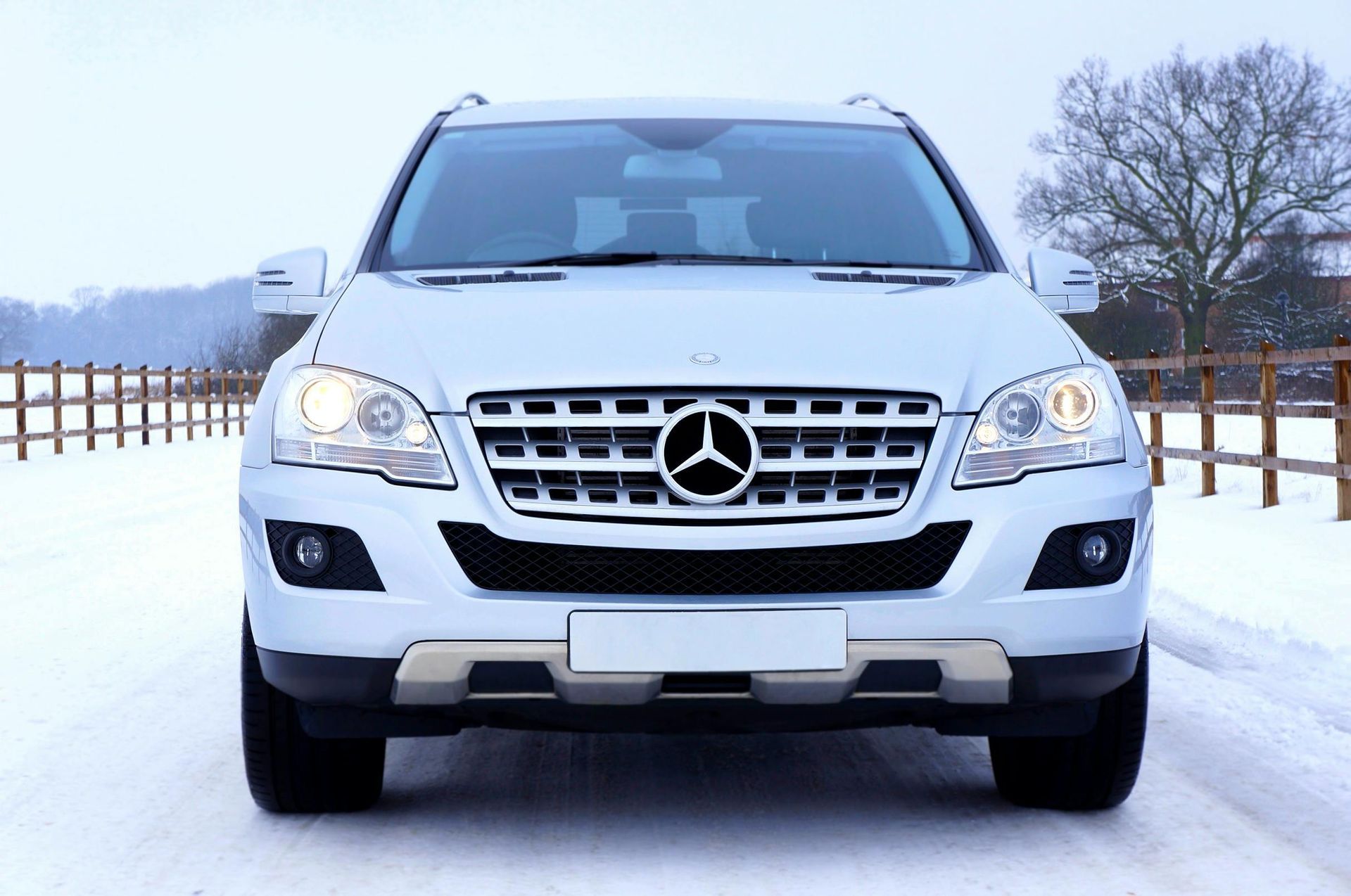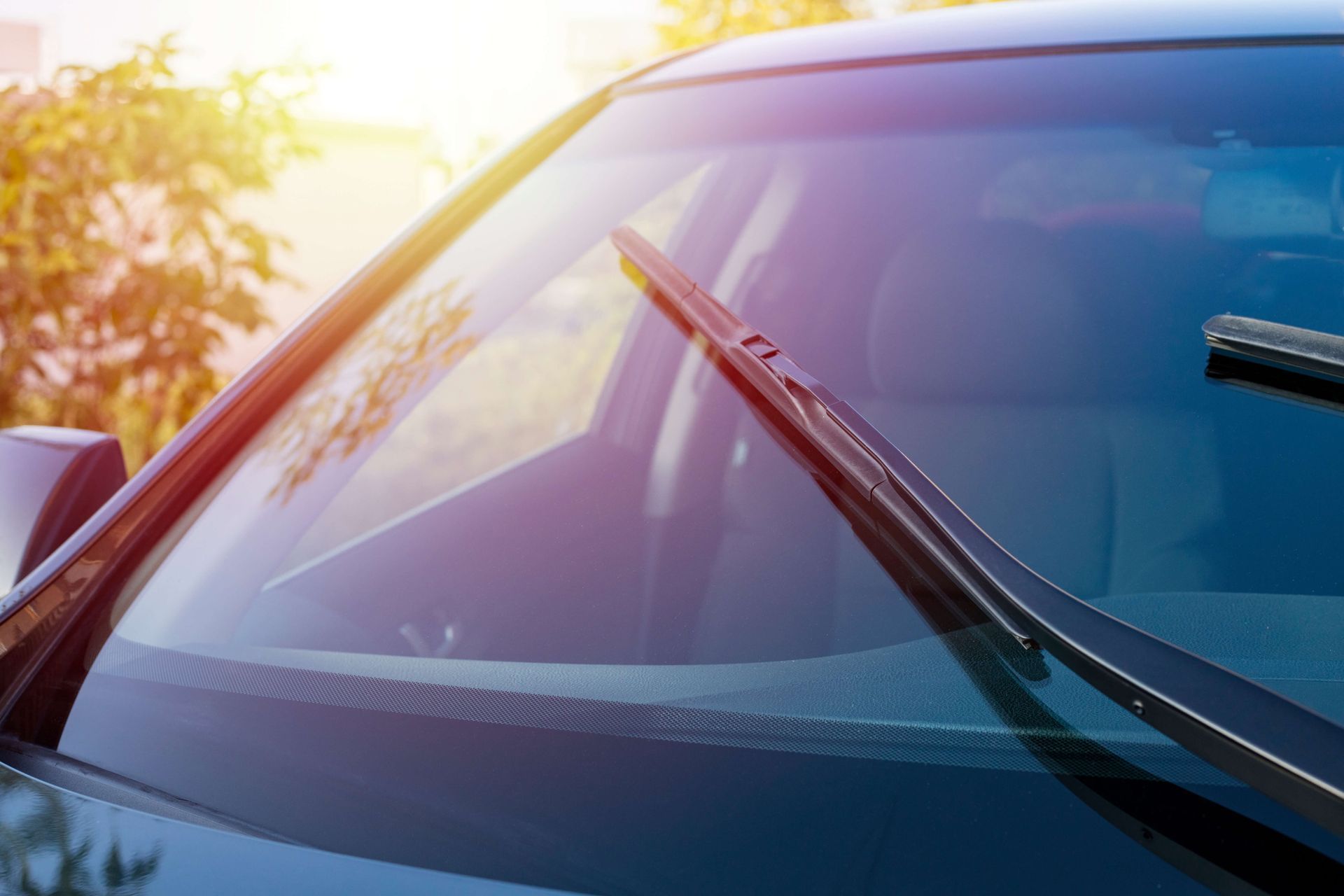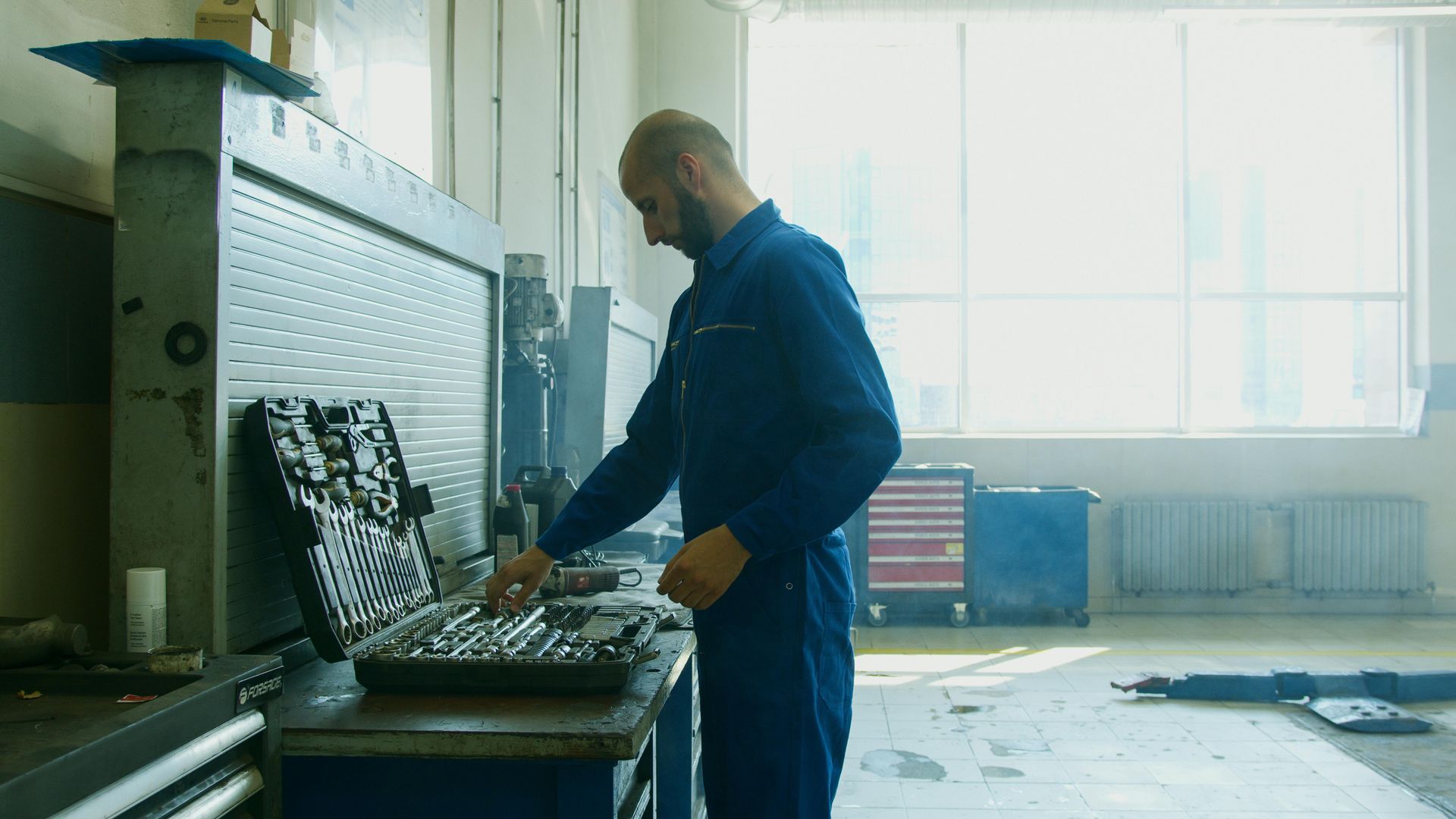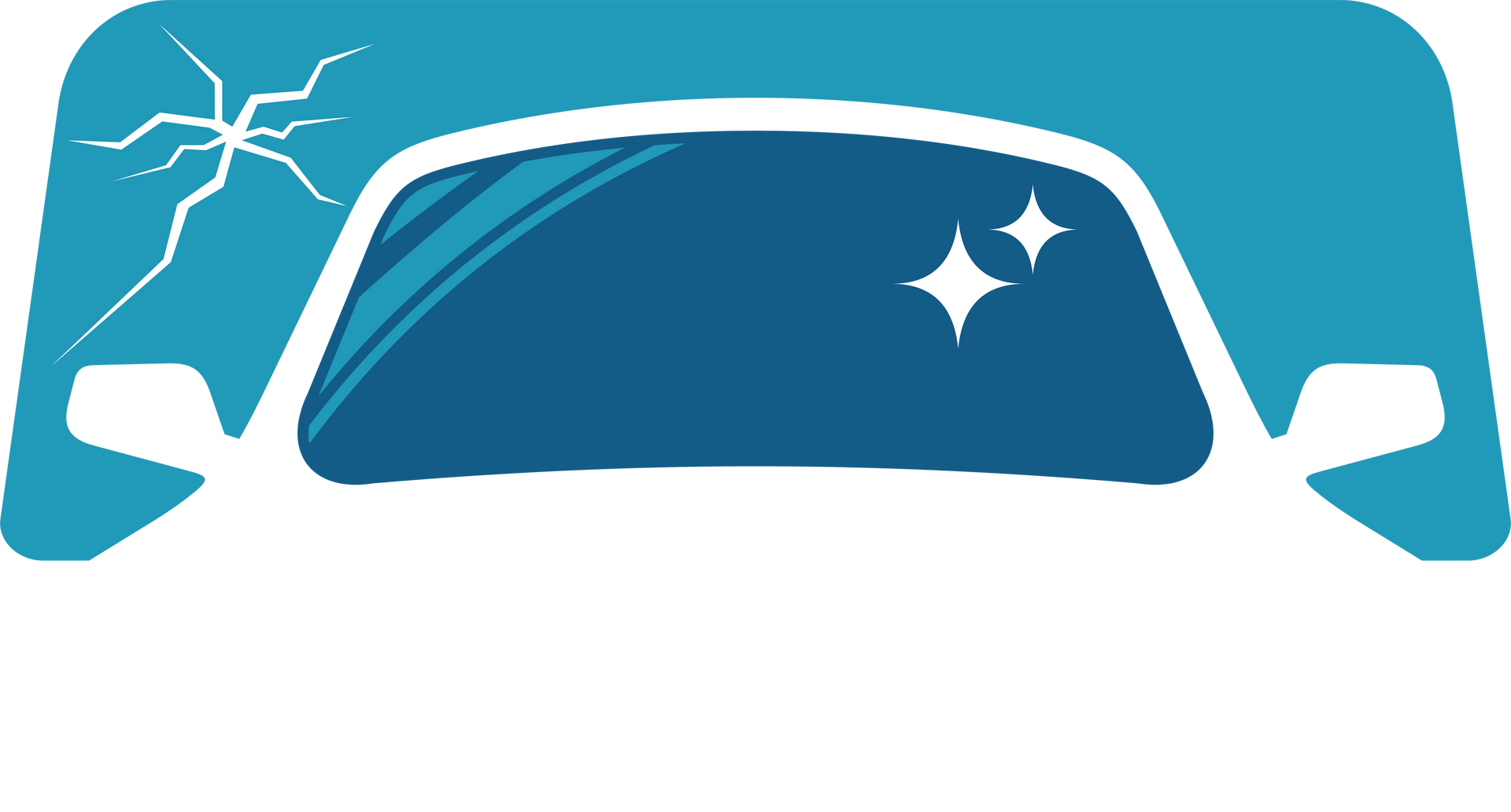Windshield Pitting: What It Means and How to Prevent It
Have you ever wondered that sometimes, no matter how hard you clean your windshield, it just feels as though you never attempted to clean it in the first place? Well, the problem may not be the cleaning solutions or the cleaning material you are using. Instead, you could be dealing with something known as windshield pitting.
This naturally occurs after an extended period of exposure to harsh weather or terrain – think of it as a natural wear and tear that reduces the clarity of your windshield. It could happen with or without
auto glass maintenance. In other words, windshield pitting, also known as glass pitting, refers to the tiny indentations or craters that form on a windshield's surface due to prolonged exposure to road debris, sand, and other small particles.

How Does It Occur?
First things first, it’s important to understand that several factors can contribute to windshield pitting. Aside from the common culprits that’ve been mentioned above, natural occurrences such as sandstorms, hailstorms, snow, acid rain, and extreme temperature changes — including prolonged exposure to sunlight — can also lead to windshield pitting over time.
As such, car owners need to observe their environment and identify the most frequent causes of windshield pitting in their area. But what if the primary cause is unavoidable? And how can you recognize the signs that your windshield is already affected by pitting?
Common Signs of Windshield Pitting You Shouldn’t Ignore
In most cases, windshield pitting occurs over an extended period of constant exposure to these harsh environmental elements and external factors, which gradually wear down the surface of the glass. So, yes, you may hardly notice at first, but with time, the accumulation of these tiny indentations becomes very obvious.
At this point, prevention is no longer an option, and the focus shifts to finding an effective corrective solution. However, if you notice early enough, you could save yourself the added expense of having to repair or replace the windshield. That being said, below are some common signs of windshield pitting.
Increased Glare While Driving:
One way to spot windshield pitting very early is how well light can penetrate through. For instance, light from the sun or oncoming headlights should easily pierce through the windshield; however, if it happens to scatter across the windshield, it causes increased glare and makes it harder to see clearly, whether during the day or at night. In fact, Windshield pitting can amplify the glare from streetlights and headlights, such that it significantly reduces visibility during nighttime driving.
Blurred or Distorted Vision:
Although this is hard to notice at first, it gradually becomes very obvious. For instance, no matter how much effort you put into cleaning your windshield, the surface of the glass may appear uneven, which often results in blurry or distorted views, especially in certain lighting conditions.
Visible Tiny Indentations or Craters:
At this point, no matter how hard you press your cleaning material on the windshield, it still leaves some dirt or scratches. Upon closer inspection, you may notice small pits, craters, or indentations on the surface of the windshield.
Worn-Out Wiper Blades:
Additionally, the uneven surface of a pitted windshield can cause accelerated wear on your
wiper blades, leading to streaking and diminished wiping performance. So, if you find yourself replacing wipers more often than expected, a pitted windshield could be the underlying issue.
Does Windshield Pitting Impact Your Safety and Visibility?
Needless to mention that windshield pitting can impact your visibility, especially in extreme cases. As such, driving under these conditions could impose great risk on both the driver and other road users. Beyond visual discomfort, pitted windshields can also delay a driver’s reaction time. When visibility is compromised by glare or distortion, identifying hazards like road signs, pedestrians, or sudden obstacles becomes more difficult. Even a fraction of a second lost due to impaired vision can be the difference between avoiding an accident and being involved in one.
Moreover, in adverse weather conditions such as rain or snow, pitted windshields can severely hinder the effectiveness of wiper blades, which struggle to clear the glass evenly. This results in streaks and smears that further reduce visibility at crucial moments, especially when clear sightlines are most essential.
Given these collective reasons, routine windshield inspections and timely repairs should be an integral part of every vehicle maintenance plan. Furthermore, the potential hazard that could be imposed on other road users makes addressing windshield pitting not just a matter of convenience, but of critical driver safety.
Effective Tips to Prevent and Address Windshield Pitting
While a regular car cleaning could be of great help, adhering to specific preventive measures could make a lot of difference in avoiding windshield pitting. Some of these measures include the following:
Maintain a Safe Following Distance:
You may have noticed that trucks transporting debris from construction sites often leave behind small particles, especially when traveling at high speeds on highways. While this is one of the primary causes of windshield pitting, it is important to always maintaina safe distance from other vehicles — particularly trucks and construction equipments. This way, you can reduce the chances of pebbles or road debris hitting your windshield at high speed.
Meanwhile, this is also applicable when driving on rough terrain. When driving on an untitled road, for instance, with a lot of stones and particles, it is important to keep a safe distant from the vehicles driving ahead. More importantly, drive at a slow pace to reduce the impact of pebbles and road debris striking your windshield.
Use Quality Windshield Protection Products:
Sometimes, some causes of windshield pitting are inevitable; hence, applying a protective windshield coating or film can help shield the glass from minor abrasions and debris impact. These treatments not only reduce the risk of pitting but can also improve visibility during rain by enhancing water beading and runoff.
Frequently Inspect and Replace Windshields When Necessary:
As mentioned earlier, you can never be too careful, so regularly inspect your windshield for early signs of pitting or surface damage. If the damage is widespread and begins to impair visibility or safety, consider having the windshield professionally evaluated. In many cases, timely replacement is more cost-effective than enduring the risks associated with a severely pitted windshield.
Final Thought
Windshield pitting is a common yet often overlooked issue that can significantly impact your driving safety. By recognizing the signs early and implementing preventive measures as recommended above, you can protect your windshield from damage and maintain clear visibility on the road.
Overall, regular inspections, quality protective products, and safe driving practices are essential steps in preserving your windshield's integrity. Taking proactive measures not only enhances your driving experience but also ensures the safety of you and others on the road. Prioritize your windshield care to drive with confidence and clarity.
About The Hills AutoGlass
The Hills AutoGlass is a reliable auto glass service provider offering professional windscreen and side window repairs and replacements across the The Hills District and surrounding areas. With a focus on quality workmanship, fast response times, and customer satisfaction, The Hills AutoGlass uses high-grade materials and certified technicians to ensure safe and long-lasting results for every vehicle.
Ready to work with The Hills AutoGlass?
Let's connect! We’re here to help.
Send us a message and we’ll be in touch.
Or give us a call today at 0290-721-117

